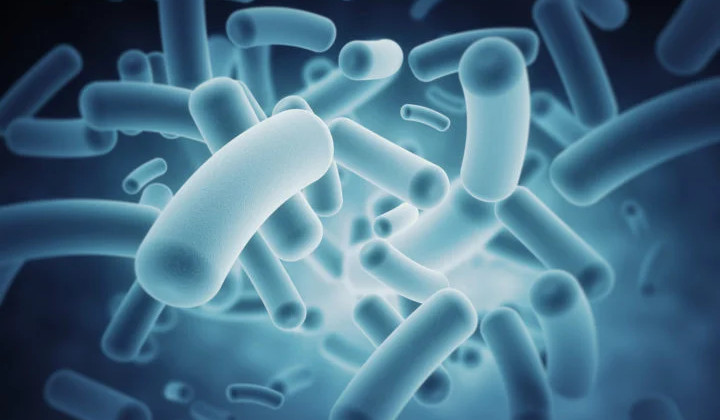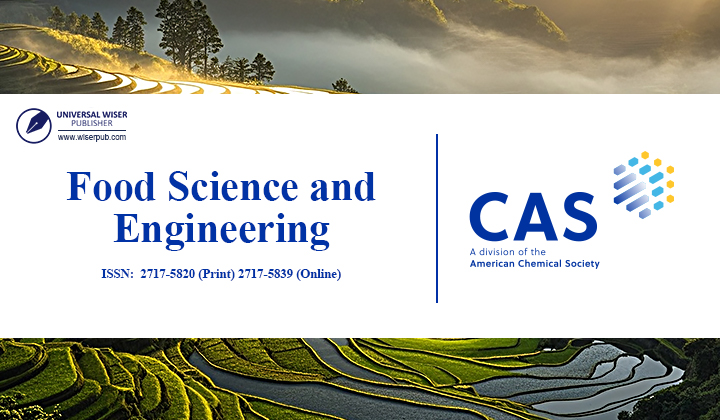


A new study suggests that a substance produced by gut microorganisms can lead to scarring and blood vessel damage in patients with scleroderma.
The intestinal microbiome regulates immunity, and its alterations play a role in autoimmune conditions such as scleroderma. However, until now, researchers did not know how alterations in the intestinal microbiome contribute to fibrosis and vascular damage characteristic of scleroderma.
Researchers from Michigan Medicine investigated how a compound generated by the gut microbiome called trimethylamine N-oxide, or TMAO, could cause changes to cellular processes in scleroderma that trigger fibrosis, inflammation and vascular injury.
TMAO is formed in the liver after the gut metabolizes nutrients such as choline and carnitine, which are abundant in the Western diet that is rich in meat. Results published in iScience reveal that the TMAO can reprogram cells to become scar-forming myofibroblasts, which lead to fibrosis and vascular damage. Moreover, the enzyme responsible for forming TMAO, called FMO3, is elevated in patients with scleroderma.
“We have uncovered a novel mechanism linking the Western diet, the gut microbiome and some of the devastating effects of scleroderma,” said John Varga, M.D., senior author of the paper and chief of the Division of Rheumatology at University of Michigan Health. “We will next examine whether drugs, or food products like virgin olive oil, can be used to block formation of this compound in the gut to treat fibrosis.”
Source: https://www.technology.org/2022/08/25/how-the-western-diet-and-gut-bacteria-can-lead-to-scarring-vessel-damage-in-scleroderma/

Scheduled Server Maintenance and System Downtime Notice Dec 16, 2025

Celebrating CM Editorial Board Members Recognized in the Wor... Oct 10, 2025

Food Science and Engineering Now Indexed in CAS Database Aug 20, 2025

Contemporary Mathematics Achieves Significant Milestone in 2... Jun 19, 2025

Three Journals under Universal Wiser Publisher are Newly Ind... Apr 21, 2025